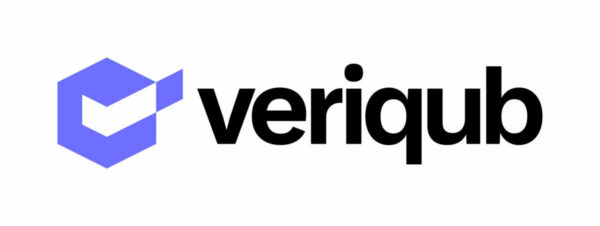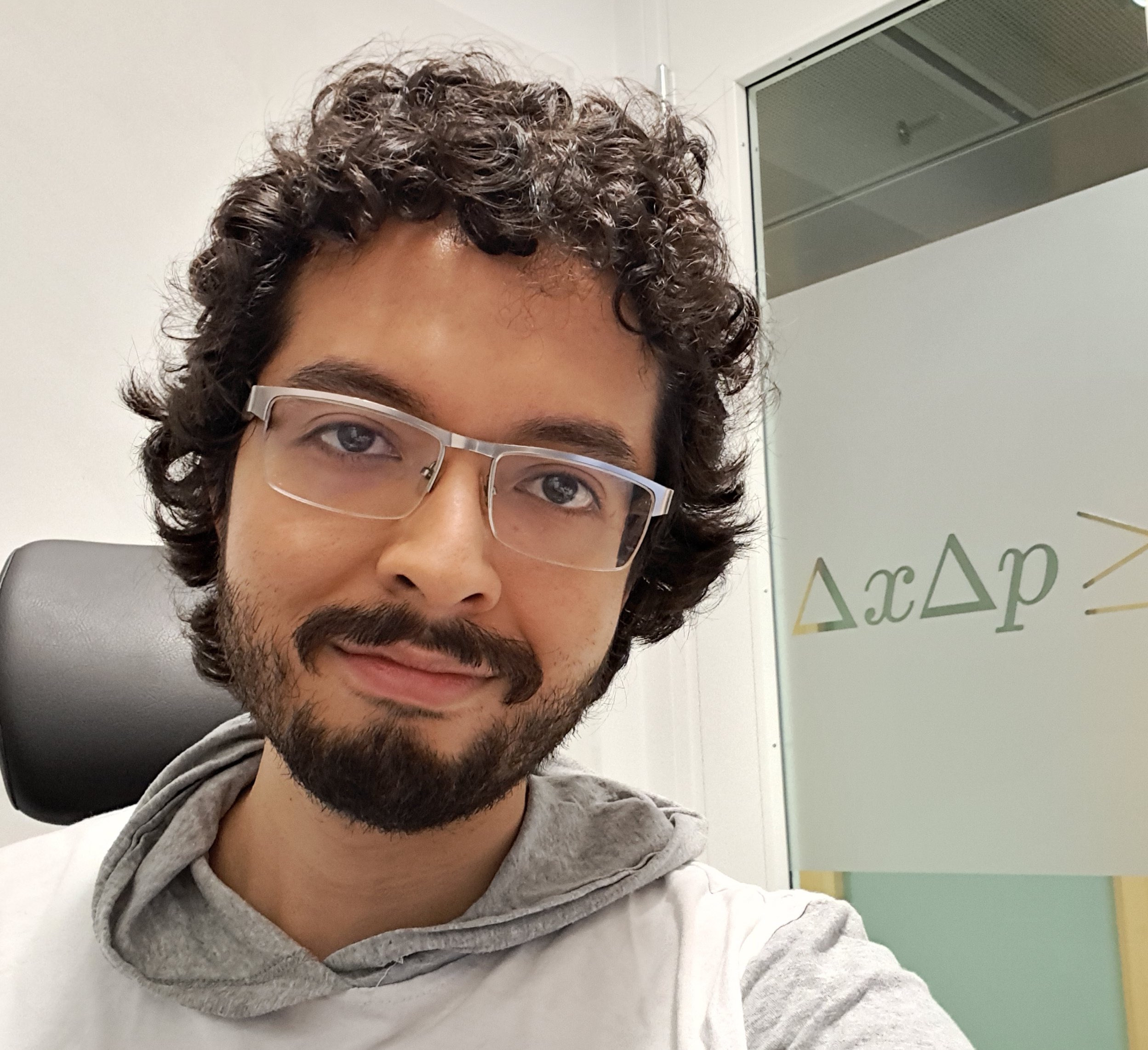Hi, Eduardo, what is your role in the Veriqub project ?
💡I am currently on the first year of my PhD studies at the Continuous Variable Theory group of Chalmers University of Technology. My project consists of realizing proofs of hardness for a set of variations of Boson Sampling that deviate from its standard form, which will then be put to experimental test. This means that I must learn and develop into a quantum version of complexity theory, following the constrains of experimental capabilities. Right now, I am learning the language and methods of complexity theory focused on bosonic quantum computing, given that this is a new area for me in which I need to have a strong foundation to move forward in the project.
And what is your background ?
🧑🏻🎓I studied Physics for my bachelor’s degree back in Guatemala, where I am from, with an emphasis on theory of quantum optics and quantum computation, topics that interested me because of their strong theoretical component that combines with the prospect of technological development. I went on to obtain a master’s degree on Nanoscience and Nanotechnology with a specialization on Quantum Computing from a joint program between KU Leuven in Belgium and Chalmers. This background meant that I had a very natural transition into this research group and this project, even if I still need to learn more about the complexity theory side of it. On the other hand, the broad scope of my mater’s studies within the areas of nanoscience gave me a significant insight into the engineering processes that surround the real-life implementations of quantum computing that are the final goal of this and so many other research efforts.
What are the aspects you’re most excited about the project ?
💥 My biggest excitement about the Veriqub project is the fact that my tasks within it start predominantly theoretical and mathematical, to progressively evolve into experimental implementations in close collaboration with the corresponding group, which encompasses the characteristics that attracted me to this area of research in the first place. Moreover, it is exciting to participate in a project that also includes other facets and versions of bosonic quantum computation, and be able to witness how all these facets fit into each other. On a different level, I am also captivated by the European-wide collaboration that we are taking part of, and how this project serves as both stepping stone and precedent for further integration of European scientific policy.
What is the one thing that you need in your daily work routine?
📋Generally speaking, I need to have a traditional paper notebook for taking notes and writing my processes, because handwriting is the only way in which I can truly interact with new complex information. Also: every day, at around 15:30, I get a massive craving for some sugar , and my brain refuses to collaborate if I don’t provide it.
Could you also talk about an activity that helps you release stress after a hard week at work?
👨🏻🍳 It is very pleasant for me to cook, and helpful if it is something moderately elaborate, as it puts to work other parts of my mind than the ones that bear the brunt during the week, which get to relax for a while, along with some moderate physical activity.

